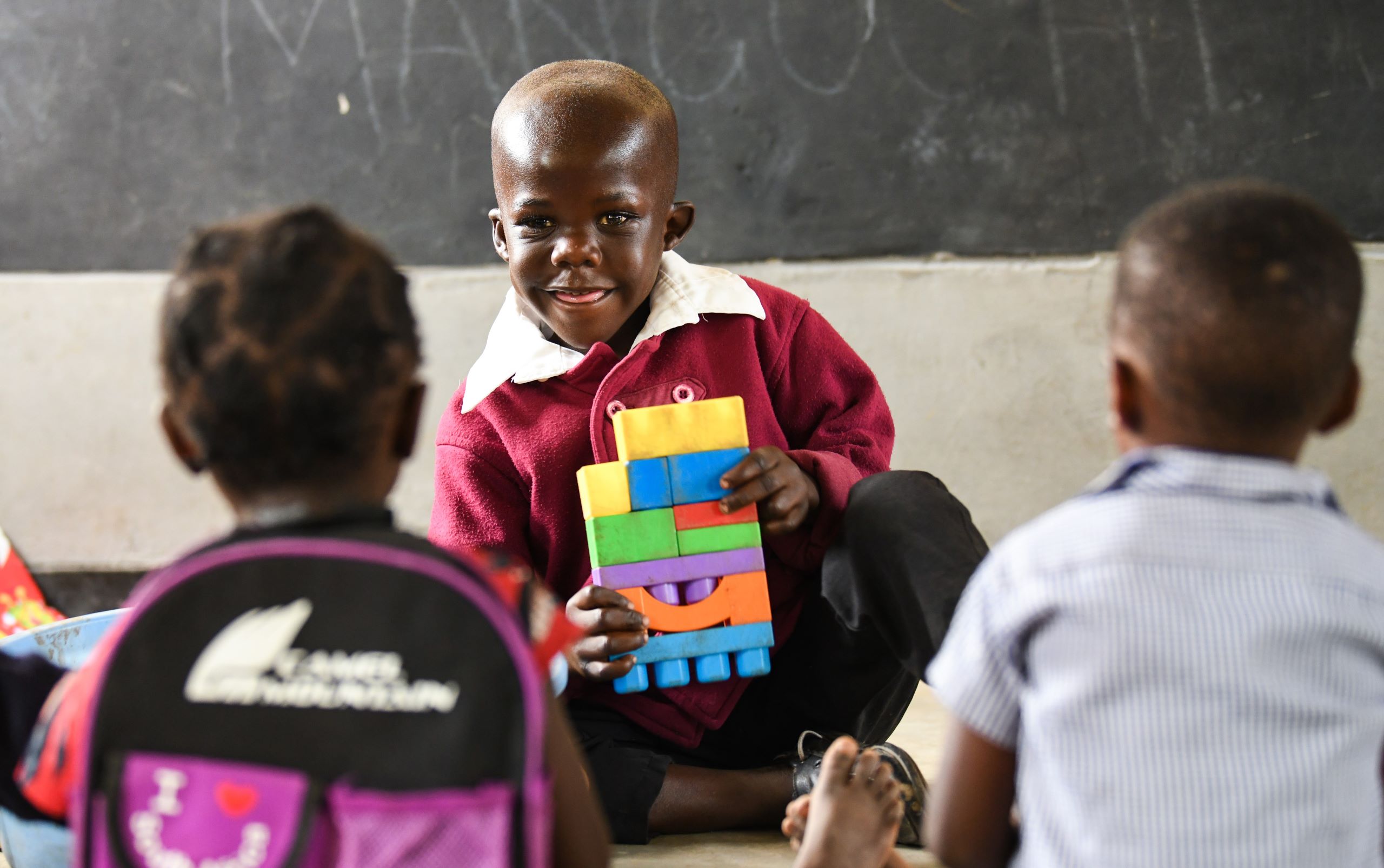


This teachers guide gives practical advice and guidelines on how to utilise play in Early Childhood Education (ECE) with a focus on including children with disabilities.
About this resource
Including children with disabilities in organised sports and play helps them develop skills for fulfilling lives, and serves as a key entry point for social inclusion, encouraging interaction between children with and without disabilities. Inclusive play can be transformative, changing how children, parents, and teachers view disability.
At ECE level, play-based learning is integral for developing emotional, pre-literacy, pre-numeracy and motor skills in all children. Unfortunately, in many schools, the importance of play-based learning for children with disabilities has been overlooked, and as children with disabilities miss out on these opportunities they begin to fall behind their peers which begins lifelong disparities.Ensuring that children with disabilities have access to play-based learning is a key pathway for ensuring their inclusion from a young age.
This teacher’s guide gives practical advice and guidelines on how to facilitate sport and play in ECE, with a focus on including children with disabilities. It is helpful for all ECE teachers, as well as teaching assistants, physical education (PE) teachers, parents, volunteers, and those organising out-of-school and home-based sport and play activities.